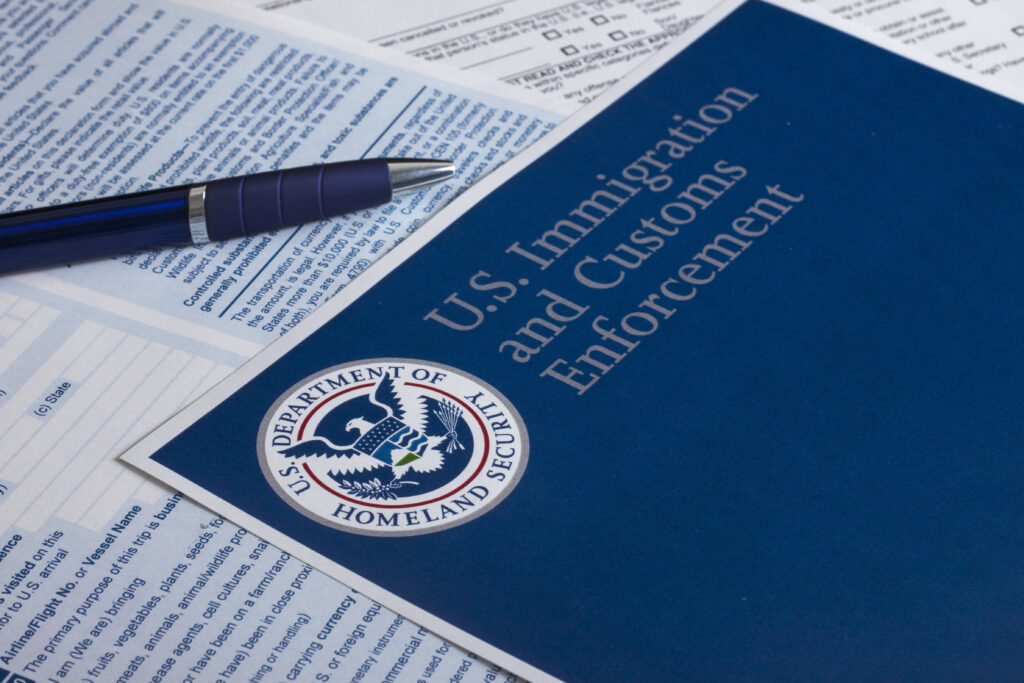Wyche Inside IP
By Wallace K. Lightsey
Economists estimate that intellectual property in the U.S. is worth about $5 trillion, which is equivalent to almost half of the U.S. economy. There is little data on the exact value of trade secrets because trade secrets are, by definition, secret. Nevertheless, it is known that the theft of trade secrets is a big business, costing companies as much as $300 billion per year.
A trade secret can be anything that gives your company a competitive advantage by not being generally known or readily accessible in the company’s industry. Most states, including South Carolina, have now adopted the Uniform Trade Secrets Act, which defines trade secrets as “information including, but not limited to, a formula, pattern compilation, program, device, method, technique, product, system, or process, design, prototype, procedure or code that: (i) derives independent economic value, actual or potential, from not being generally known to, and not being readily ascertainable by proper means by the public or any other person who can obtain economic value from its disclosure or use, and (ii) is the subject of efforts that are reasonable under the circumstances to maintain its secrecy.” In states that have not yet adopted the Uniform Act, the common law protection for trade secrets is substantially the same as what the Act provides.
It is critical to note that reasonable protective measures must be taken in order to preserve a trade secret’s legally protected status. What is reasonable will vary with each company’s own circumstances, and there is no checklist of security precautions that have to be followed, but steps a company may want to consider could include the following:
- restrict access to its plant (or at least the areas in which trade secrets are employed),
- require both employees and visitors to sign non-disclosure agreements,
- require employees to wear identity badges,
- restrict employees to their work areas,
- carry out its secret operations in isolated parts of the plant that have restricted access even among employees,
- keep its secret records in a separate, locked room, and require them to be logged in and out, and maintain similar security for secret records kept on computer,
- restrict access to proprietary information on a “need to know” basis,
- stamp its secret documents with a legend stating that the documents contain proprietary information, and
- inform its employees that processes, fixtures, tools, equipment, customer information, pricing information, and business and market strategies are confidential.






